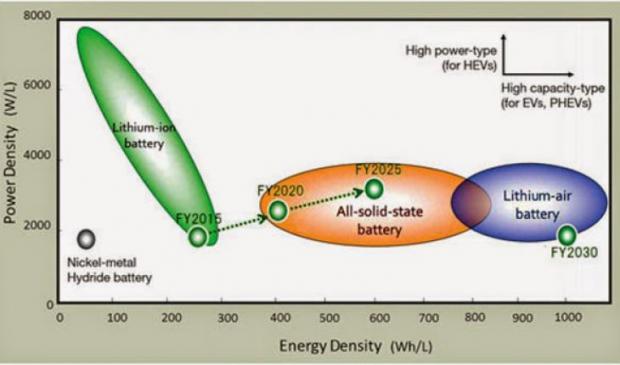
Breaking News
 Pentagon To Send 200 Troops to Nigeria
Pentagon To Send 200 Troops to Nigeria
 Trump Says He May Send Second Aircraft Carrier to Middle East To Prepare for Potential Attack...
Trump Says He May Send Second Aircraft Carrier to Middle East To Prepare for Potential Attack...
 A Market Crash and Recession Are Bullish, Not Bearish
A Market Crash and Recession Are Bullish, Not Bearish
 What Are They Still Hiding? New Epstein Questions Point to a Much Bigger Cover-Up
What Are They Still Hiding? New Epstein Questions Point to a Much Bigger Cover-Up
Top Tech News
 Drone-launching underwater drone hitches a ride on ship and sub hulls
Drone-launching underwater drone hitches a ride on ship and sub hulls
 Humanoid Robots Get "Brains" As Dual-Use Fears Mount
Humanoid Robots Get "Brains" As Dual-Use Fears Mount
 SpaceX Authorized to Increase High Speed Internet Download Speeds 5X Through 2026
SpaceX Authorized to Increase High Speed Internet Download Speeds 5X Through 2026
 Space AI is the Key to the Technological Singularity
Space AI is the Key to the Technological Singularity
 Velocitor X-1 eVTOL could be beating the traffic in just a year
Velocitor X-1 eVTOL could be beating the traffic in just a year
 Starlink smasher? China claims world's best high-powered microwave weapon
Starlink smasher? China claims world's best high-powered microwave weapon
 Wood scraps turn 'useless' desert sand into concrete
Wood scraps turn 'useless' desert sand into concrete
 Let's Do a Detailed Review of Zorin -- Is This Good for Ex-Windows Users?
Let's Do a Detailed Review of Zorin -- Is This Good for Ex-Windows Users?
 The World's First Sodium-Ion Battery EV Is A Winter Range Monster
The World's First Sodium-Ion Battery EV Is A Winter Range Monster
 China's CATL 5C Battery Breakthrough will Make Most Combustion Engine Vehicles OBSOLETE
China's CATL 5C Battery Breakthrough will Make Most Combustion Engine Vehicles OBSOLETE
Dyson will spend about $3 billion to make solid state battery electric car by 2020

Dyson recently spent $90 million to buy University of Michigan spinoff Sakti3. Sakti3's solid state battery technology is potentially smaller, safer, more reliable and longer-lasting than the most advanced lithium-ion batteries on the market today.
The Dyson electric car team already has a staff of over 400 and they are recruiting aggressively.
Sakti3, Inc. (sakti3.com) announced that in mid-2014 that they had produced a battery cell on fully scalable equipment with over 1100 Watt hours per liter (Wh per l) in volumetric energy density. This translates to more than double the usage time in a wearable device like a smartwatch, from 3.5 h to more than 9 h. It also translates to almost double the range in an EV like the Tesla Model S, from 265 mi to 480 mi.
Sakti3 reports that it demonstrated over 1000 Wh per l in 2012, and has since moved to a pilot tool, using all scalable materials and equipment. The technology development was guided by mathematical simulations, starting with materials, and continuing to full scale plant layout to avoid any high cost materials, equipment or processes.



